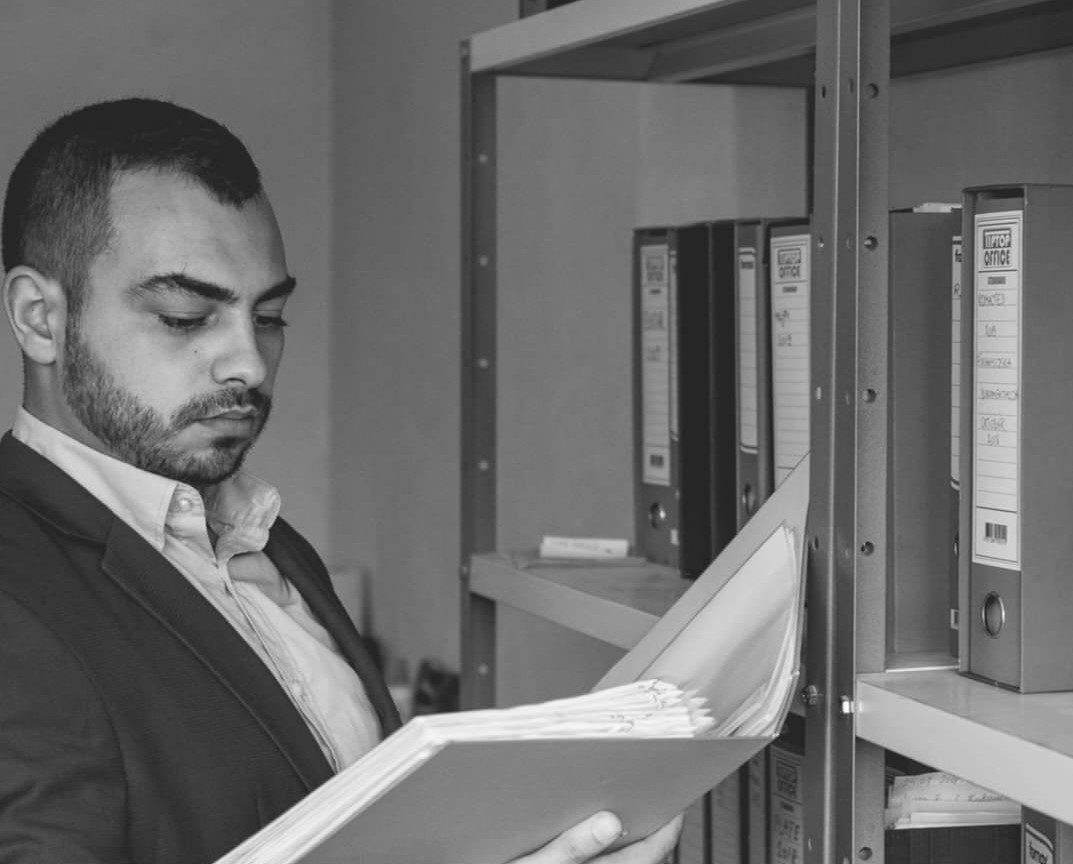
The Roma language and education play a crucial role in preserving Roma culture and identity. However, given the insufficient support and integration within today’s educational system, the Roma language is increasingly less spoken and is nearing extinction within Roma communities, which are considered the largest minority in Bosnia and Herzegovina.
Emin Fafulić, a young Roma whose proficiency in the Roma language is at a beginner level, explains that he had no opportunity to use the language during his education: „The Roma language was never mentioned in the curriculum, nor was it used in any way during instruction.”
In the modern age, according to Emin, the Roma language is hardly spoken among the younger generations in some Roma communities, resulting in its gradual disappearance. To prevent this from happening, he emphasizes that the educational system should ensure opportunities to learn the Roma language as well Roma language instruction in other subjects, which would facilitate the learning process for Roma children, enabling them to master materials that are exclusively in Bosnian, Croatian, or Serbian. Emin adds that encouraging the learning of the Roma language would also help support Roma children on their educational journey.
Despite some teachers showing interest in Roma language and culture, Emin still notices a general lack of attention to Roma culture within the educational system. He believes that with additional support and changes, the Roma language can be integrated into the curriculum, ultimately leading to greater recognition of Roma culture.

According to official estimates, between 25,000 and 50,000 Roma live in Bosnia and Herzegovina, making them the country’s largest minority. They are also recognized as the most neglected and vulnerable minority group, with the majority of Roma families living in conditions that can be characterized as a multidimensional poverty. According to available data, only 47 percent of Roma children old enough to enroll in primary school attend the first grade.
As a signatory to the Convention on the Rights of the Child, Bosnia and Herzegovina has committed to respecting the rights listed in the Convention and guaranteeing them to every child, irrespective of race, color, gender, language, religion, political or other opinion, national, ethnic, or social origin, property, disability, birth, or other status.
Emin believes that integrating the Roma language into the educational system would provide Roma with a sense of belonging, self-confidence, and better educational outcomes. This integration, accompanied by additional support and investment, would constitute a meaningful step towards a more inclusive and just educational system.
On International Roma Day, observed on April 8th, last year, the president of the Euro Rom Association, Nedžad Jusić, told the media that they want to introduce Roma language and elements of Roma traditional culture into the education system.
“I’m confident that the relevant ministry and Pedagogical Institute will recognize this need and introduce the aforementioned subject. We have experts, we have literature, all the prerequisites to introduce this subject,” said Jusić, emphasizing that establishing a Roma cultural center in Tuzla would lay the foundations for preserving Roma culture in the area.






